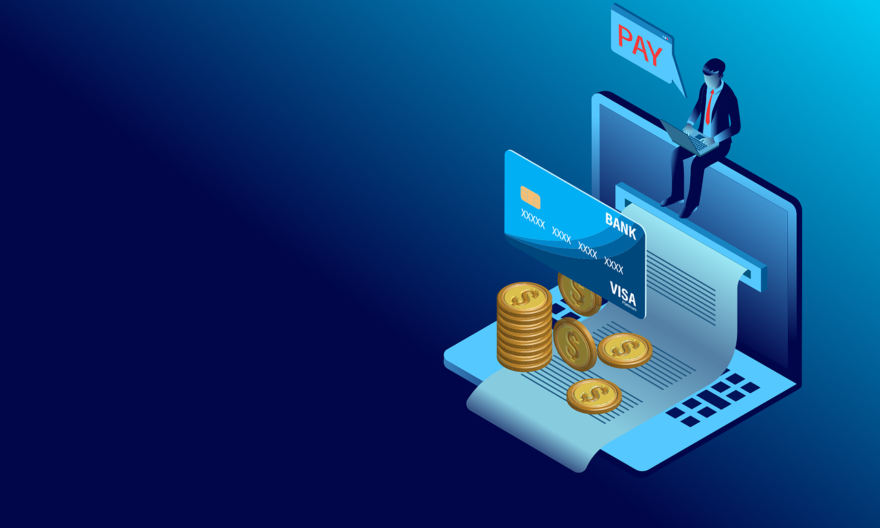
If improving your financial situation is one of your goals in the coming year, dealing with debt is a key issue – and it’s essential if you want to gain more control over your personal finances.
A recent survey found that over a third (35%) of consumers ran up an average of $1,249 in debt over the holiday season, and parents with young children borrowed the most.
The survey, which was from LendingTree, found that holiday spending increased in 2021. The pandemic resulted in a drop in spending in the previous year due to fewer large celebrations and restrictions on domestic and international travel.
In 2021, parents with children under 18 and millennials were the most likely to be in debt, with both groups borrowing an average of $1,462.
The most common form of debt for parents was buy now, pay later (BNPL), and this accounted for nearly 40% of the total debt taken out by those surveyed. Nearly two-thirds of parents with young children used BNPL this holiday season.
In addition to this, 62% of shoppers made purchases on a credit card, and 33% used a personal loan to pay for items needed for the holidays.
How can consumers manage debt?
For anyone in short or long-term debt, it’s important not to get stuck in a cycle. Here are some of the ways you can get your finances in check this year:
1. Make a plan
The first step is to make a plan, starting with making a list of everything you owe and your creditors. Then, you can put them in order of importance, starting with priority debts, which includes things like:
- Mortgage or rent
- Taxes
- Court fines
- Utility bills
After doing this, you can list your non-priority debts, such as:
- Store cards
- Credit cards
- Overdrafts
2. Make a budget
Next, you need to make a weekly or monthly budget to see what your income and expenses are. A budget will show you how much disposable income you have and how much money you have available to offer your creditors.
3. Speak to your creditors
After working out your budget, speak to your creditors and make a realistic, affordable offer to repay your debts – just make sure you can stick to it.
4. Get independent advice
Lastly, if you’re struggling with debt, it’s important to get independent debt advice. This could be a charity, or a government or private organization, depending on your needs and your country of residence.



